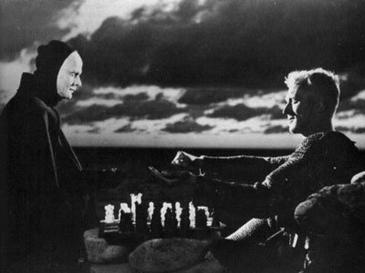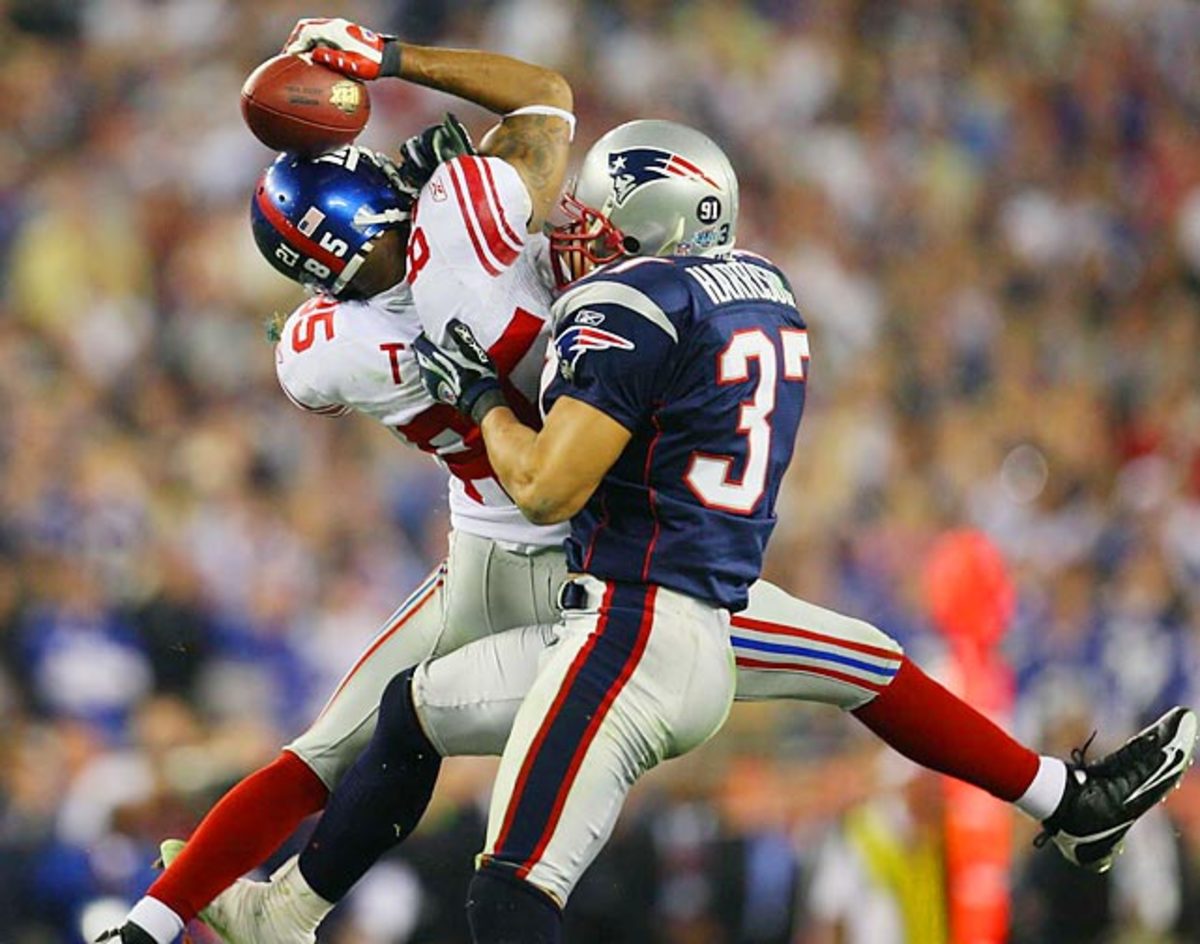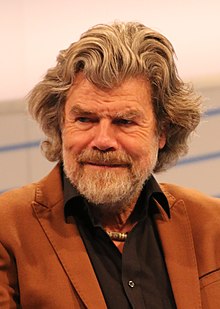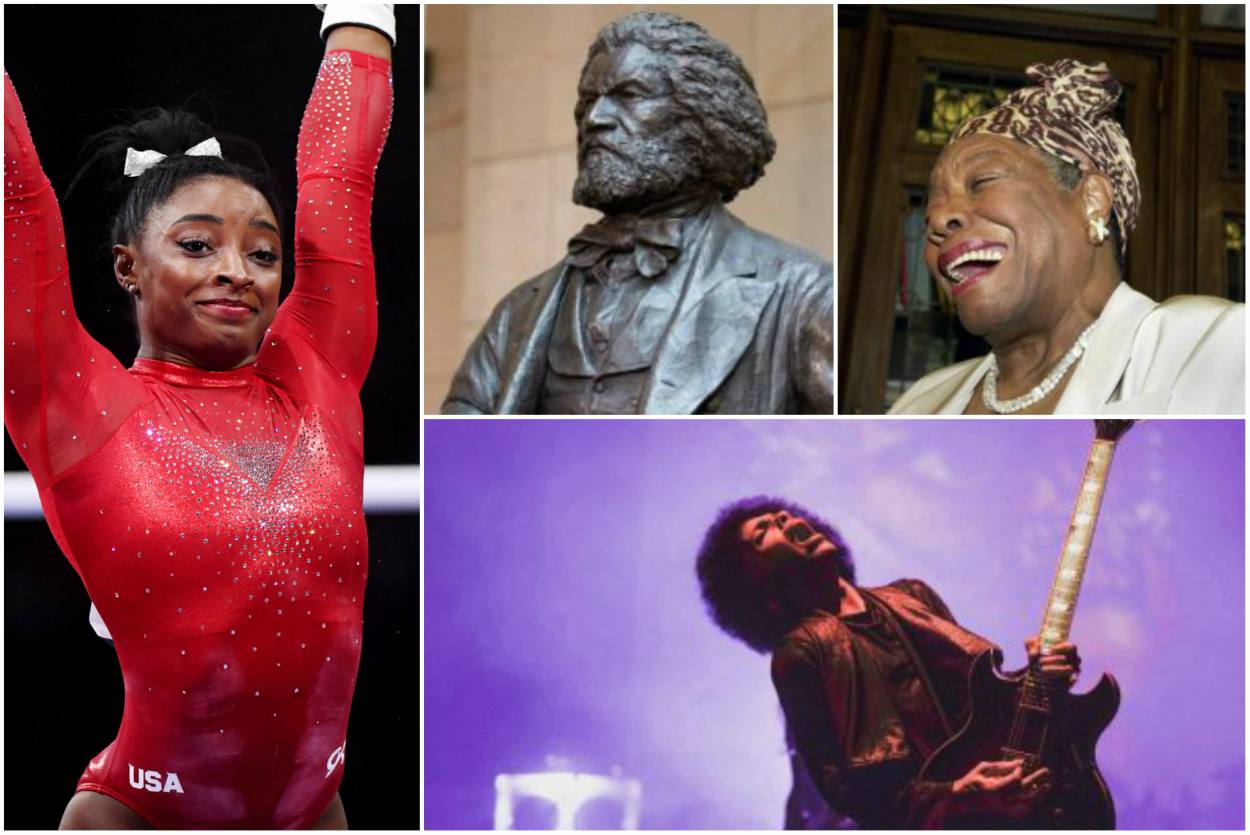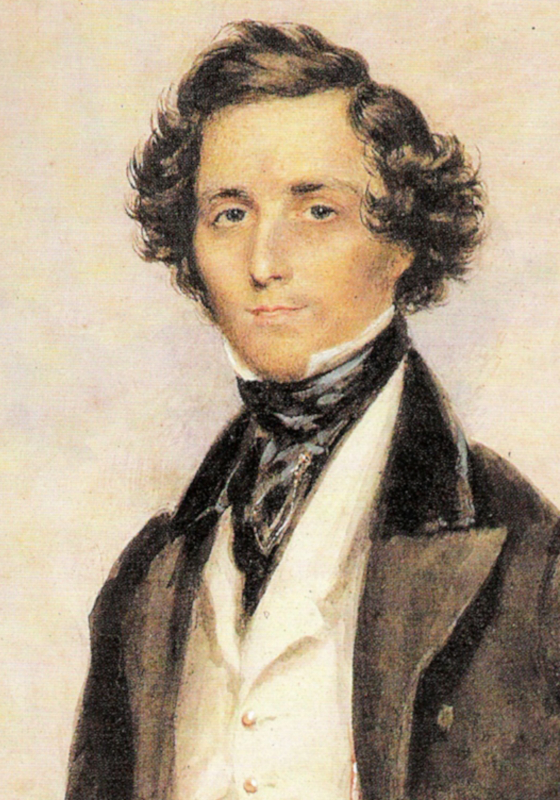Who was George Frederic Handel? Born in Germany, Handel spent most of his life in London. He is perhaps most famous for his Messiah, a glorious paean to the salvific love of God. We frequently see Messiah performed around Christmas and Easter. Another of Handel's most well known works is his Water Music, a delightful set of processionals often heard at weddings or graduation commencements.
 As I listened to Messiah's "Hallelujah Chorus" recently, I reflected, again, on its power, spiritual as well as political. As the story goes, when George II, then the British king, heard its opening strains he stood up. In an era when people sought to emulate, out of respect, what their king did, the rest of the audience stood up, too.
As I listened to Messiah's "Hallelujah Chorus" recently, I reflected, again, on its power, spiritual as well as political. As the story goes, when George II, then the British king, heard its opening strains he stood up. In an era when people sought to emulate, out of respect, what their king did, the rest of the audience stood up, too.Perhaps the king stood out of reverence, perhaps not. Either way, a tradition was established. To this day, even the most hardened unbelievers will, if they attend a performance of Messiah, stand up for the Hallelujah Chorus.
Given the tragedy currently unfolding in Ukraine, the lengthy span of history which Messiah explicates seems to underscore how little we really know about ourselves and the world. Day in and day out we challenge our mortality, constantly striving to carve a path through contingency and foundation. We're always bumping into transcendence.


